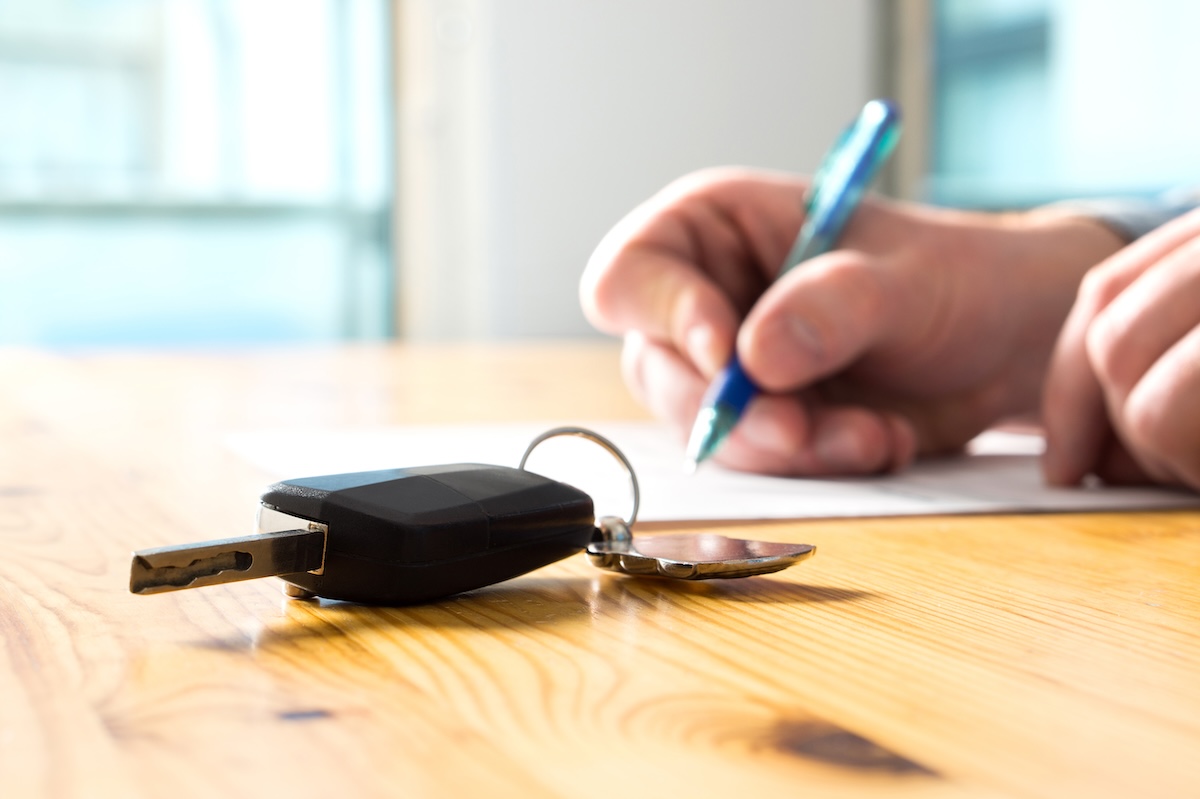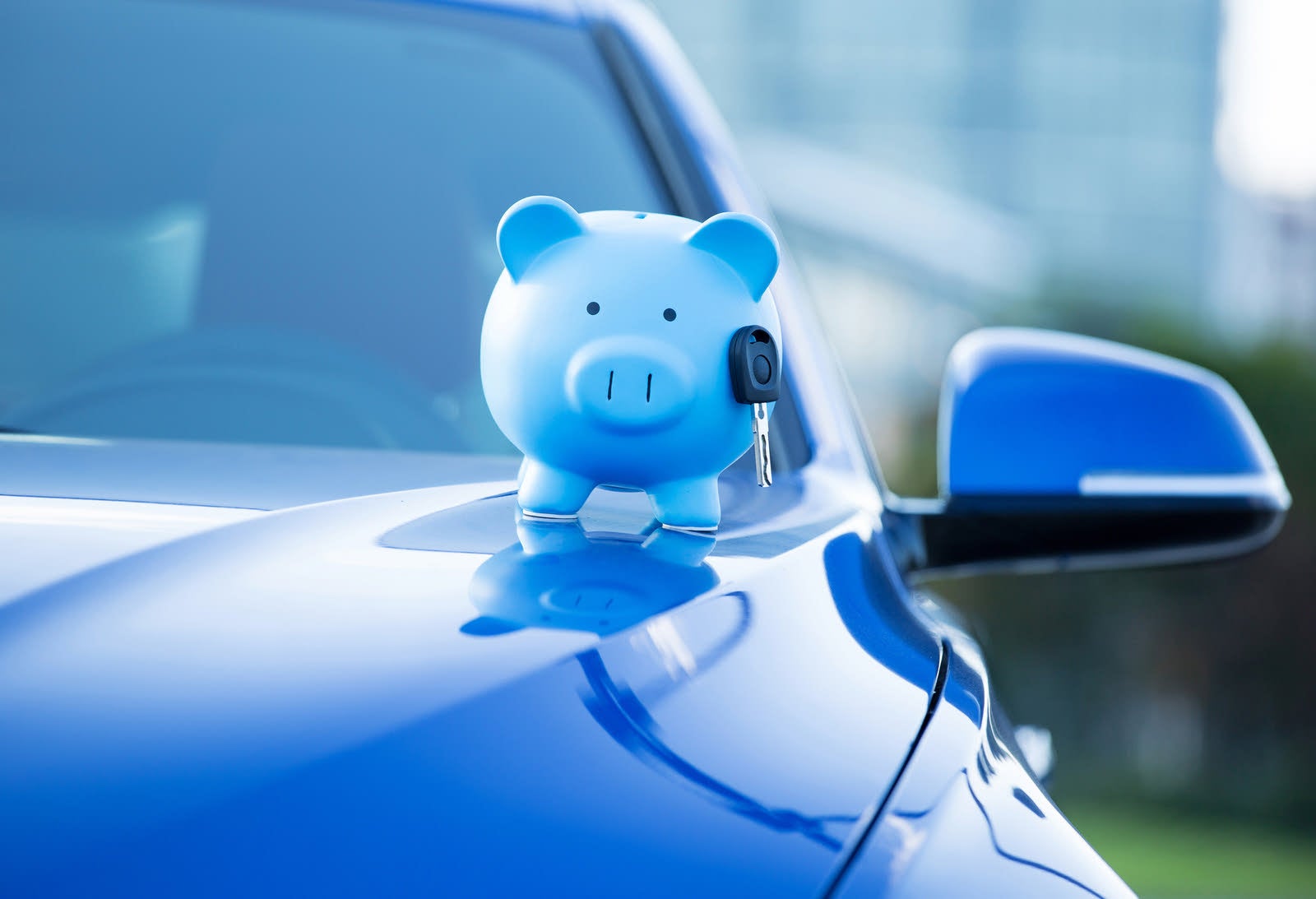There is an age-old debate when buying a used car: should you opt to buy from a used car dealer or consider buying from a private seller?
The difference is obvious at first: dealerships have huge used vehicle inventories, whereas private sellers will have a single car for sale in their driveway. Dealers traditionally price cars higher on account of costly overhead, including a salesperson’s commissions. Private sellers can undercut that—but, again, they have just one car to offer.
Negotiating car sales with a used car dealer or a private seller can be tricky, too, so we’ll offer some guidance here. But whether through a dealer or private seller, car buyers can still find the best car for their needs. Sometimes, you need to consider the entire car market before finding your new vehicle. -
Buying a Used Car: Negotiating with Dealerships vs. Private Sellers
- First, Figure Out What the Car Is Actually Worth
- What to Know About Negotiating With Car Dealerships
- What to Know About Negotiating With a Private Seller

First, Figure Out What the Car Is Actually Worth
Before setting out on the car buying adventure, determine the realistic value of the car, which will allow you to identify good car deals. One of the best tools around for this is the CarGurus Instant Market Value, which provides real-time feedback on what sellers are asking for vehicles.
While searching online for used cars on CarGurus, you’ll likely start to get a feel for what dealers and private sellers are asking for popular models. You can even view models that have had big price increases or decreases in recent months. Beyond the real market prices you find on CarGurus, various sites offer free pricing tools to determine fair market value. Simply select the make, model, year, any major options, trim level, odometer mileage, and condition, and these tools will spit out an estimate of the purchase price that a dealer or private seller may ask for a vehicle.

What to Know About Negotiating With Car Dealerships
Dealerships are professional negotiators, so be prepared for them to balk at your offer. They know what they have, how long it will likely take to sell, and what it should sell for. They also need to make a profit on every used car, whether they bought it at a dealer-only wholesale auction or when a customer traded it in for another vehicle. Simply put, expect higher prices at the dealer compared to a private seller.
That said, you do have some leverage, particularly when it comes to a mainstream car. Your odds are good that another dealership nearby will have a similar model in stock, which is helpful if your preferred vehicle is a common model from a best-selling brand such as Honda or Toyota. Even if you prefer one to the other—perhaps one is a better color, for instance—you can pit the two against one another. Don’t be afraid to let dealerships know you’re comparing them against each other. Dealers are in the business of competition, after all, and you always have the ability to walk away if the best price for your vehicle is available at another dealer. In some rare cases, dealers will offer incentives on select used vehicles.
Dealers also offer easy-approval financing options, which may save you effort shopping between banks or credit unions as you consider your monthly payments. Note that the dealer gets a cut when they suggest their lender. You may be able to negotiate an even better deal on an auto loan when you’re using their recommended lender. CarGurus can help with financing, too. Head to a dealership with a real rate in hand, and with no impact on your credit score.
You can also negotiate the price of your trade-in with the dealership. Ultimately, you should be most concerned about the monetary difference between your old car and the new car, so don’t get too hung up about a dealer offering a big discount on the car you want to buy but minimal trade-in value on your current vehicle. The difference is what matters. In many states, you will be taxed on only the difference between the new car and the trade, anyway. This can save you a lot of money.
A dealership can offer all kinds of add-ons, such as free AutoCheck or Carfax vehicle history reports, discounted warranties, extended warranties and maintenance packages, and many used cars will benefit from the Certified Pre-Owned reconditioning process. Many of these items are negotiable, too, although you can expect the the car salesperson will use these items to markup the price.
Even though you are considering a used car, you can expect the full automotive dealership experience. Expect offers, counteroffers, haggling, a test drive and always be prepared to walk away which might net you a lower price.
And in the unlikely and unfortunate event that something goes sour, dealerships are bound by certain state-by-state regulations to protect consumers.

What to Know About Negotiating With a Private Seller
Buying a car privately is more of a challenge, but there are savings to be had for a savvy consumer. Most of the benefits outlined previously don’t apply to private sellers. They can’t offer you a warranty, and the car they have in their driveway is the only car they’re likely to sell you. You also can’t trade in a vehicle, which, as we discussed above, could erase much of the potential savings—but the car price might be worth it.
Put yourself in the seller’s shoes. When it comes to buying a used car from a private seller, cash is king. If you can pay in full without needing to go through the time-consuming motions of getting a car loan, you’ll likely be able to make a quick purchase.
Private sellers are generally pretty motivated to sell a car quickly, in part because of the hassle involved in showing a car to potential buyers who don’t show up. In some cases, a private seller may be trying to get more for their car than a dealership offered on trade-in, which means they could be in a hurry to finalize a deal on the car they want. You may be able to swoop in at just the right time, and net you a deal better than the asking price.
The actual negotiation process may not be all that different than working with a dealer. You’ll want to know what the private party value is and you’ll want to get a feel for what other private sellers (and dealers, too) are asking for similar vehicles. With a little haggling, you will likely end up at fair price for the seller and a better price than you would have gotten from a dealer.
Consumers have little protection when it comes to a private sale, so you’ll need to look at the car and any accompanying paperwork very closely. You can’t assume the seller will be upfront with any issues the car may have. Be sure that the car’s title matches the Vehicle Identification Number on the car itself, that it is in the name of the person selling it, and that any sections requiring a signature or other hand-written entry have been filled out correctly. Missing any of these steps could be a very costly mistake.





